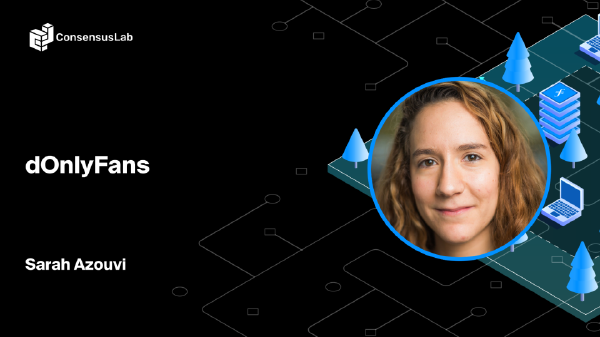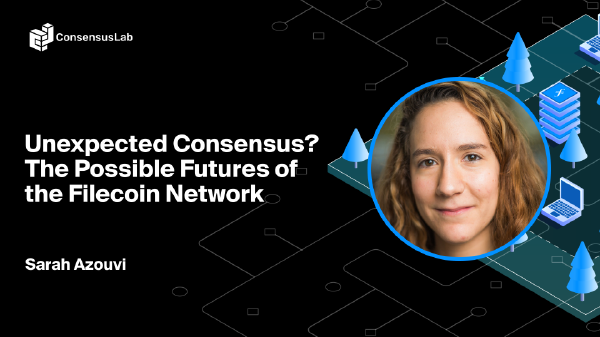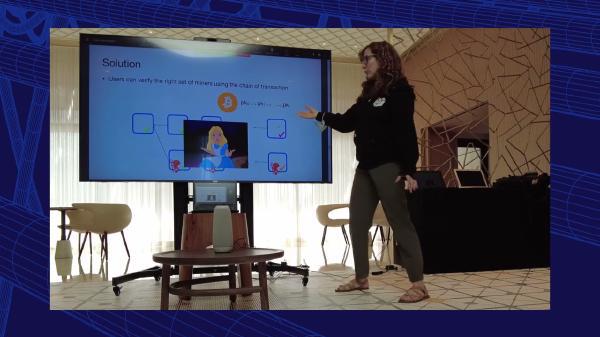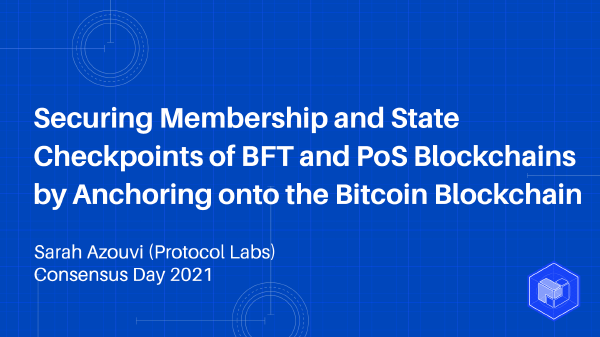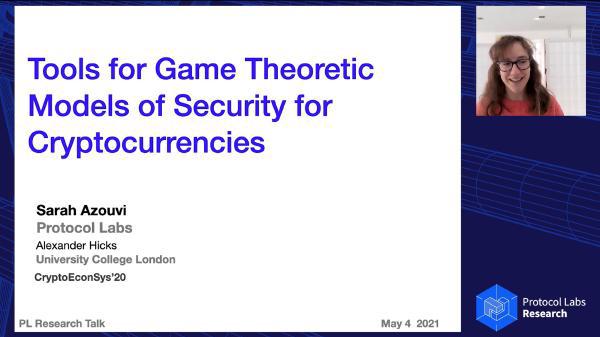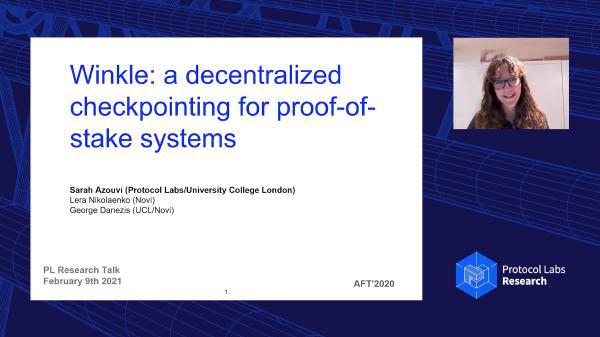Sarah is a research scientist with interests that lie at the intersection of Applied Cryptography, Distributed Systems, and Game Theory. During her PhD, she mostly worked on decentralized consensus protocols but also looked at other aspects of decentralized systems such as their governance.


